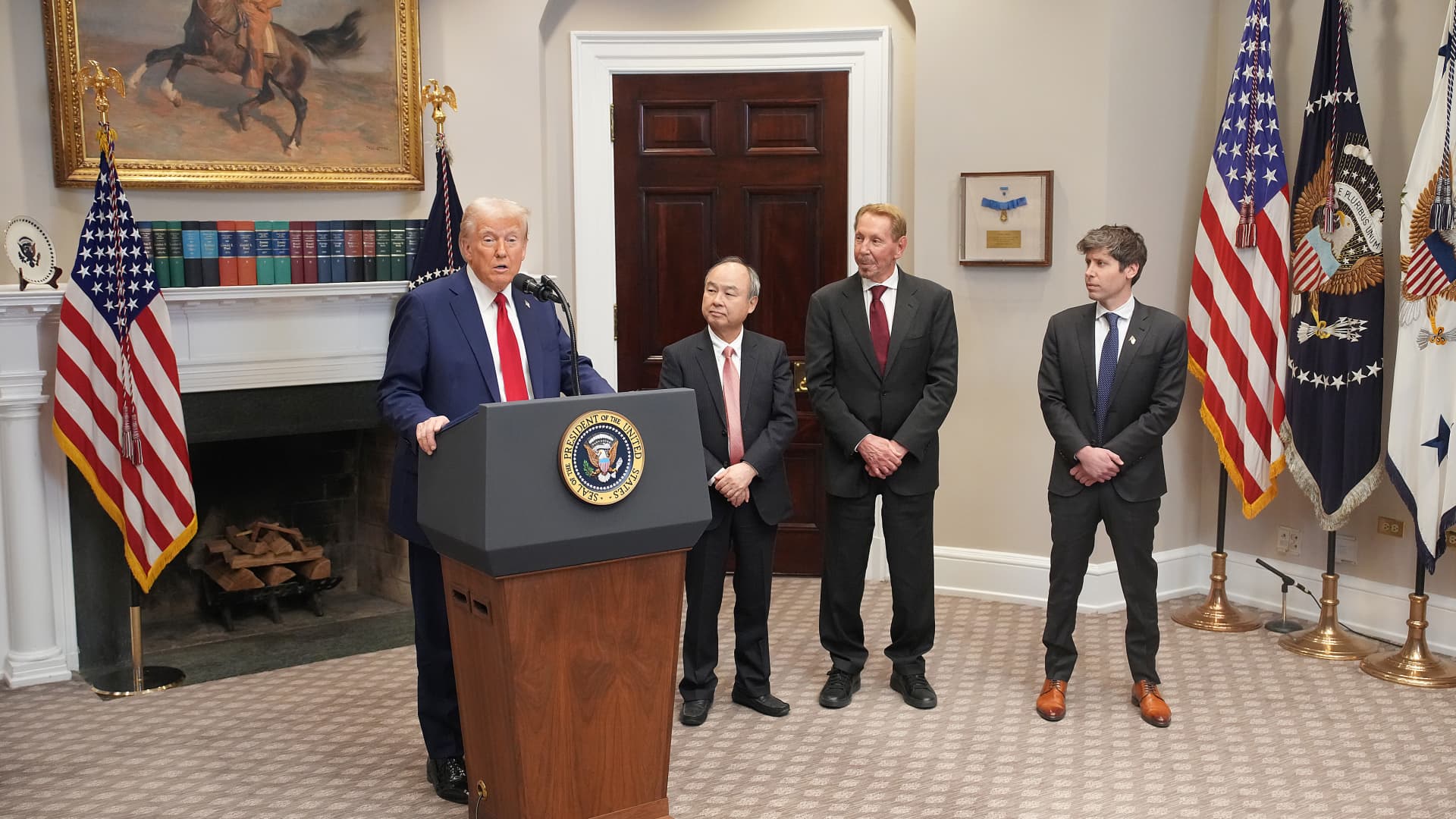Microsoft’s Cloud Monopoly Crumbles: Analyzing the Shift in AI Partnerships
In a surprising twist in the tech landscape, Microsoft has recently lost its exclusive status as the primary cloud provider for OpenAI. This pivotal development marks a significant shift in the dynamics of AI partnerships, raising questions about the future of cloud services and the competitive landscape of artificial intelligence. This article delves into the implications of this change, exploring how it may reshape the relationships between tech giants and what it means for the future of artificial intelligence.
Understanding the Context of Microsoft and OpenAI
Microsoft has heavily invested in OpenAI, fostering a close partnership that began with the integration of OpenAI’s models into Microsoft’s Azure cloud platform. This collaboration allowed Microsoft to leverage OpenAI’s cutting-edge technologies, including natural language processing and machine learning capabilities. The partnership not only enhanced Microsoft’s cloud offerings but also positioned it at the forefront of AI innovation.
However, the recent decision by OpenAI to explore additional cloud providers introduces a new paradigm in the AI landscape. As companies realize that relying on a single cloud provider can limit their flexibility and innovation, the move emphasizes the necessity for diversification in cloud partnerships.
The Implications of Losing Exclusive Status
Microsoft’s loss of exclusive status is not merely a corporate reshuffling; it carries significant implications for the tech industry and the future of AI partnerships. Here are some key considerations:
- Increased Competition: With OpenAI now open to partnerships with other cloud providers, competition is likely to intensify. This move may encourage other tech giants, like Google and Amazon, to ramp up their AI offerings and services. The cloud landscape could see a more fragmented but innovative environment.
- Innovation Through Collaboration: The diversification of cloud partnerships could lead to more innovative solutions. Different cloud providers may bring unique strengths and technologies, fostering a collaborative ecosystem that drives AI advancements.
- Enhanced Flexibility for Developers: Developers and businesses will benefit from a broader range of options. By not being tied to a single provider, they can select the cloud services that best meet their specific needs, potentially enhancing the quality and performance of their AI applications.
- Financial Considerations: The shift could also affect pricing structures and service agreements. Increased competition often leads to better pricing models, which could benefit companies looking to harness AI technologies without breaking the bank.
The Future of AI Partnerships
As the landscape evolves, the future of AI partnerships will likely be characterized by a few key trends:
1. Multi-Cloud Strategies
Organizations are increasingly adopting multi-cloud strategies, leveraging multiple providers to optimize performance and cost. This trend will likely accelerate as companies realize the advantages of not being locked into a single cloud environment. By diversifying their cloud partnerships, businesses can access a broader range of tools and technologies, enhancing their AI capabilities.
2. Focus on Specialized AI Solutions
The demand for specialized AI solutions is growing. As companies explore partnerships beyond traditional cloud services, we may see an emergence of niche providers focusing on specific AI applications, such as natural language processing, computer vision, or predictive analytics. This specialization can lead to more tailored solutions that meet the unique needs of various industries.
3. Collaborative Ecosystems
The future of AI may lie in collaborative ecosystems where multiple companies work together to develop and deploy AI technologies. This collaboration can foster innovation and accelerate the pace of development. By pooling resources and expertise, companies can tackle complex AI challenges more effectively.
4. Ethical Considerations
As AI continues to evolve, ethical considerations will play a crucial role in shaping partnerships. Companies will need to prioritize transparency, fairness, and accountability in their AI initiatives. Collaborative efforts focused on ethical AI development can enhance trust and ensure that technologies are used responsibly.
Microsoft’s Strategic Response
In light of this development, how will Microsoft respond to the changing landscape? The company may need to reassess its strategy and explore new avenues to maintain its competitive edge:
- Investing in AI Startups: Microsoft could increase its investments in AI startups to diversify its portfolio and tap into emerging technologies. By fostering innovation through acquisitions or partnerships, Microsoft can stay ahead of the curve.
- Enhancing Azure Services: To remain a leading cloud provider, Microsoft must continuously enhance its Azure offerings. This could involve integrating more AI capabilities, improving user experience, and expanding its global infrastructure.
- Building Strategic Alliances: Microsoft might seek alliances with other tech companies to create a more robust ecosystem. Collaborating with firms that offer complementary technologies can strengthen its position in the AI landscape.
Conclusion: A New Era for AI Partnerships
Microsoft’s loss of exclusive cloud provider status for OpenAI signals the beginning of a new era in AI partnerships. As the competitive landscape shifts, companies must adapt to the changing dynamics and explore innovative ways to collaborate. The future of AI will likely be characterized by increased competition, multi-cloud strategies, and a focus on ethical considerations.
For businesses and developers alike, this evolution presents exciting opportunities to harness the power of AI across diverse cloud environments. As organizations embrace flexibility and collaboration, the potential for groundbreaking advancements in artificial intelligence is boundless. The question remains: how will these partnerships shape the future of technology and innovation? Only time will tell, but one thing is certain—Microsoft’s cloud monopoly is crumbling, paving the way for a more dynamic and competitive AI landscape.
See more Future Tech Daily

